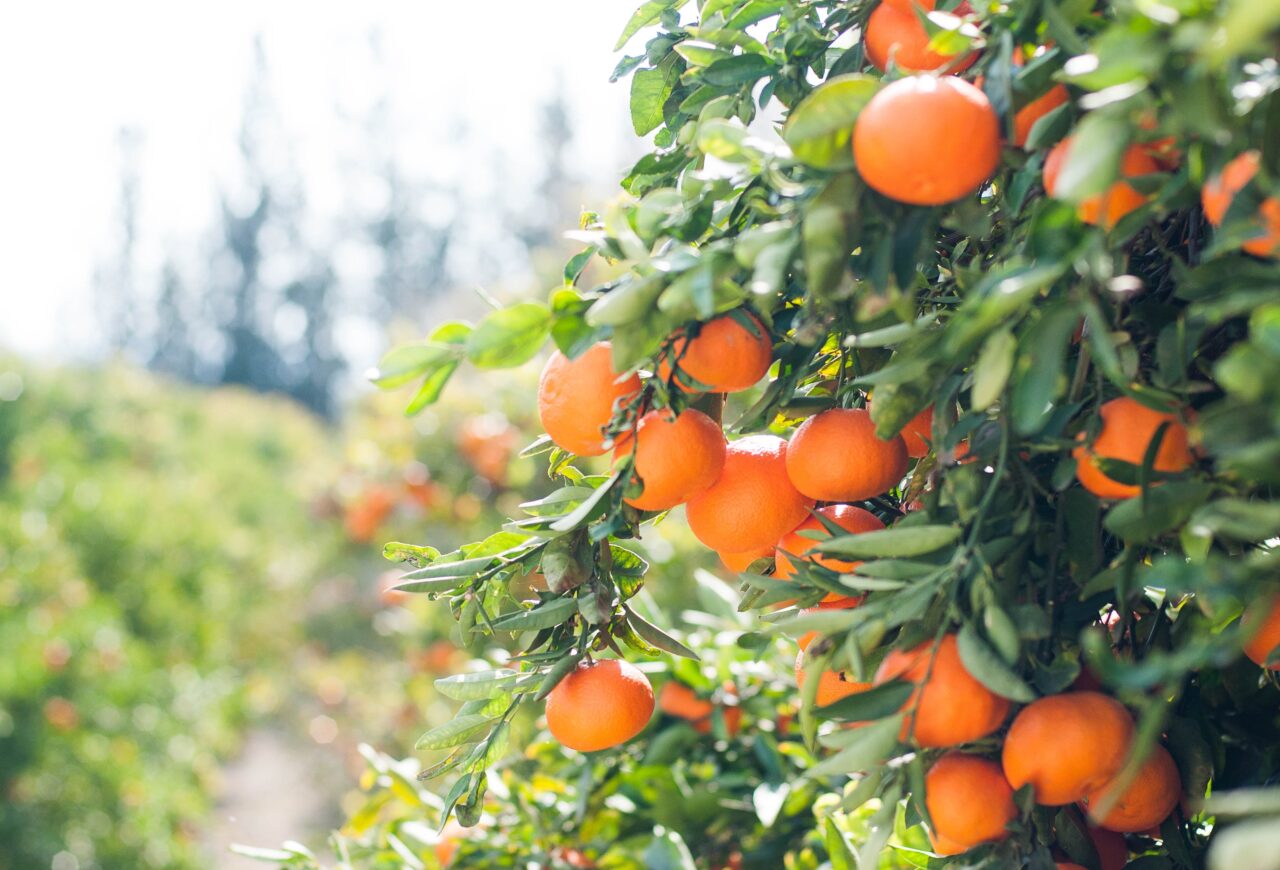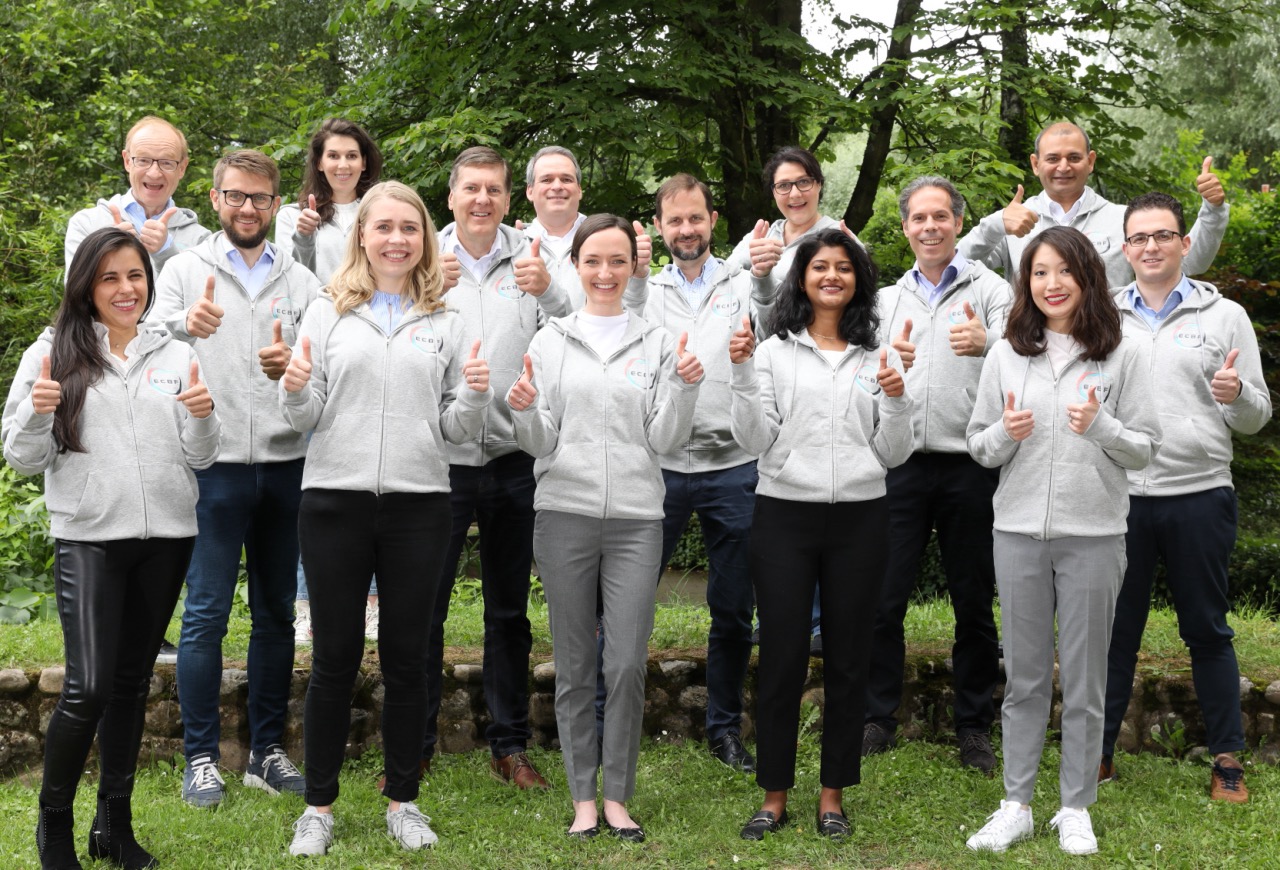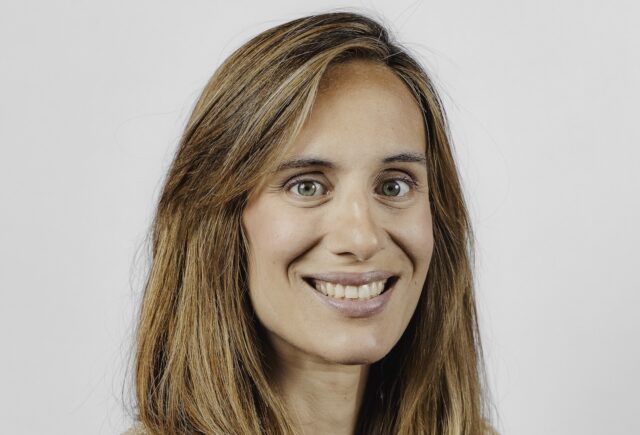The European Circular Bioeconomy fund, which invests in late-stage, bio-based circular economy companies, has beaten expectations with a final close of €300m, exceeding its target by €50m

In brief
- European Circular Bioeconomy Fund exceeds fundraising target by €50m, with €100m seed investment from European Investment Bank
- Fund to invest in 25 late-stage bio-based circular economy companies across 27 member states
- Fund targets double-digit returns with 3-step impact management process
In a sign of confidence in the growing European bioeconomy and bio-based circular economy, the European Circular Bioeconomy Fund has reached a final close of €300m, exceeding its initial target of €250m, with backing from investors including Landwirtschaftliche Rentenbank, Allianz France, Invest-NL, GCV and Firmenich.
The fund, which was instigated by the European Commission, with an initial pledge of €100m from the European Investment Bank (EIB), will invest in 25 late-stage bio-based industry companies to address key environmental challenges, contribute to the European Union’s decarbonisation goals and strengthen Europe’s position as a leader in bio-based circular technologies.
The fund will be managed by Hauck & Aufhäuser Funds Services, who will be supported in their portfolio selection, governance and impact measurement and management by the ECBF Management team of biology, chemistry, sustainability management and investment industry specialists, with a targeted annual double-digit internal rate of return.
Cornelia Frentz, corporate governance manager for ECBF Management, said that fund raising slowed at the height of the pandemic but the team’s expertise and strict due diligence approach had won over investors.
She explains: “In the spring of 2020, shortly after the fund launched, it was difficult to generate interest. Investors were feeling nervous about the effects of the pandemic and they needed time to do their own due diligence. However, once they had met with our team and understood our strict approach, they knew we were trustworthy and this is when the stone started to roll. I also think that once we got investors like Nestlé and Neste on board, this had a trickle-down effect.”
Taxonomy
Frentz says the EU’s Taxonomy Regulation, which entered into force in July 2020 and which establishes six environmental objectives, was a strong signal that the EU is serious about scaling up sustainable investment and served to boost investor confidence in the untapped bioeconomy industries.
She adds: “The EU Taxonomy ensures that money flows are directed to sustainable companies and as an Article 9 fund under the Sustainable Financial Disclosure Regulation (SFDR), we intend for each of our current and future portfolio companies to contribute to at least one of the EU’s environmental objectives.”
ECBF Management will select companies from across the EU’s 27 member states as well as 16 other countries identified in the EU’s Horizon research and innovation funding programme, focusing on six sectors: blue economy and fishery, agriculture, farming and forestry, basic materials and chemicals, nutrition, and home and personal care.
Three-step approach
The investment team employs a three-step approach to governance and impact management. Step one ensures that any company considered for investment meets, what Frentz describes as “a long list of environmental KPIs to ensure the company is truly environmentally sustainable”. The team also applies social and governance metrics and investee companies are required to meet the EIB’s Environmental and Social Standards.

In step two, companies selected for the portfolio are contractually obliged to address any weaknesses identified by the KPIs in the first step, and finally, in step three, they are asked to determine how they will progress in these areas and to report on their progress annually.
The team has already identified and invested in several companies, including Elicit Plant, whose molecular plant technology aims to help reduce water stress and improve crop yields, PeelPioneers, a company processing orange peels into ingredients for the food industry, and insect-based food ingredients producer Protix, recently profiled by Impact Investor.
Invest-NL
Speaking to Impact Investor about their €10m investment in the final closing, Nicolaas Heij, senior investment manager at Invest-NL, the Dutch government-owned impact investor, said: “To date there has been very little investment opportunity in the way of active funds targeting the bio-based circular economy, which is an important focus for us.
“We hope that the investments made by the fund will generate more interest from investors in the bio circular economy and in turn, incentivise the development of more business activity in the Netherlands and elsewhere in this important sector.”
The EIB is the EU’s long-term lending institution helping the EU meet its policy goals, such as the objectives of the European Green Deal to reach net zero by 2050 and decouple economic growth from resource use. Between 2016 and 2020, the EIB provided €31.1 billion of co-financing to the agriculture/bioeconomy sector.






